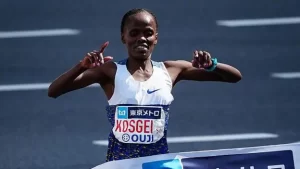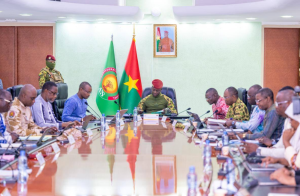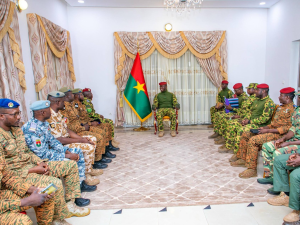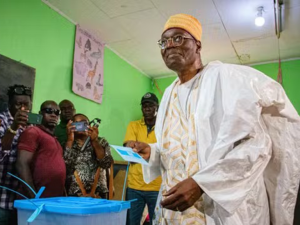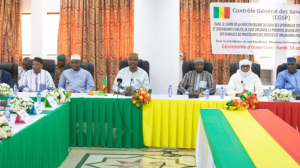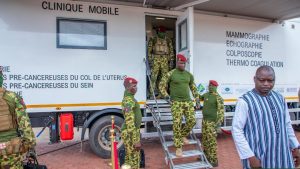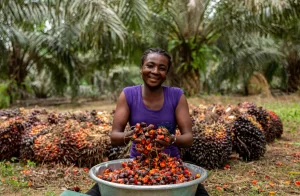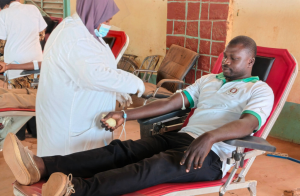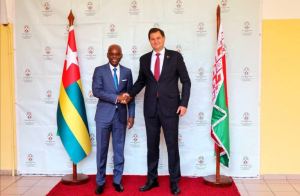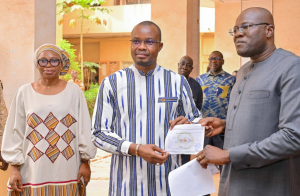Togo: Social and Financial Inclusion, Health Insurance for All – Key Social Reforms in Faure Gnassingbé’s Five-Year Term
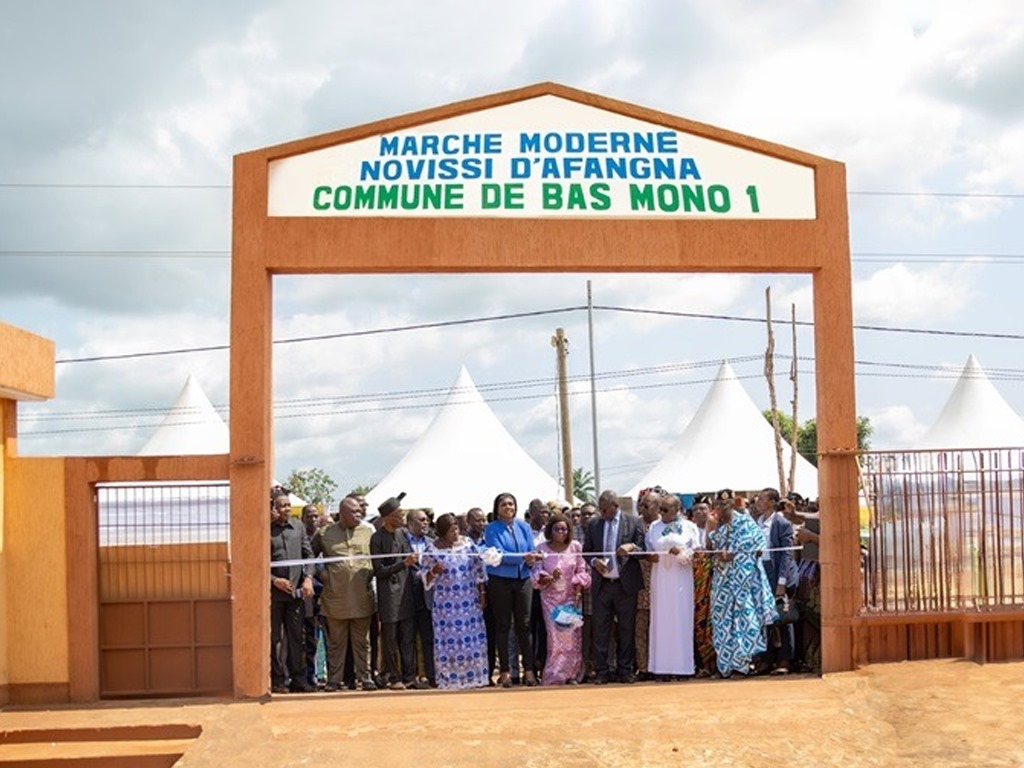
As part of his local development strategy focused on constructing appropriate socio-economic infrastructure in grassroots communities, President Faure Gnassingbé has inaugurated two new modern markets in the localities of Afagnan and Glidji.
These market facilities have been realized through the support of the Program for the Support of Micro-Projects in Community Infrastructures (PSMICO), the Program for Supporting Vulnerable Populations (PAPV), and the Territorial Communities Support Fund (FACT).
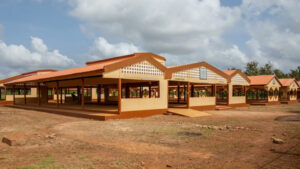
With a total cost of FCFA 360 million, these socio-economic infrastructures aim to facilitate trade and elevate the economic status of the localities.
The construction of these facilities, a product of decentralization policies, aligns with the implementation of the social inclusion agenda championed by President Faure Gnassingbé.
Social inclusion stands out as a flagship policy during Faure Gnassingbé’s five-year term, evident in various ongoing projects across the country.
The Togolese government is actively engaged in constructing health, education, social and community, socio-economic, and road infrastructure.
A significant addition to these efforts is the introduction of universal health insurance.
Initially accessible to only a small portion of the population (8%), it will now be expanded to cover the entire population starting January 2024.
The promises made during the previous presidential election have transformed into reality, marking the initiation of the major social reform pledged by Faure Gnassingbé to the delight of the people.
Kodjovi Makafui

